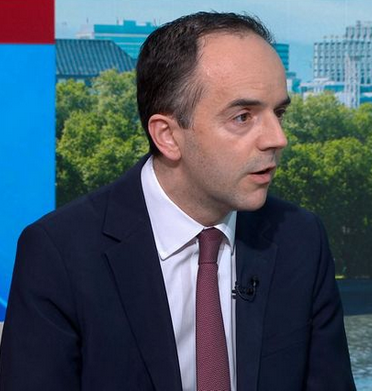With Ramadan about to begin and many preparing to take fast, NHS Birmingham and Solihull Clinical Commissioning Group is encouraging people to make sure they look after their health during the holy month.
This can be done by eating slow-release energy food in place of fried food, and making sure to eat at both suhoor, the morning meal, and iftar, the evening meal.
Those who have long term health conditions, or conditions that require regular medication, are also urged to speak to their doctor before fasting.
Dr Asad Zaman, a GP based at Shah Zaman Surgery, in Birmingham, said: “Your diet in Ramadan is very important.
“As tempting as they are, try to avoid samosas, pakoras and other fried food. Instead, try to eat foods that will release energy slowly, such as basmati rice, wholemeal flour, wheat, oats and lentils.
“If you are diabetic and using insulin, you must consult your doctor or diabetes specialist nurse before deciding on fasting. If you take regular medication, speak to your doctor or pharmacist about changing your regime to suit the needs of Ramadan.”
He added: “My top advice would be keeping to a healthy diet – if your diet is poor, your health can be worse off.”
Ramadan 2019 starts tomorrow - Monday May 6 - and ends on Tuesday June 4.
















